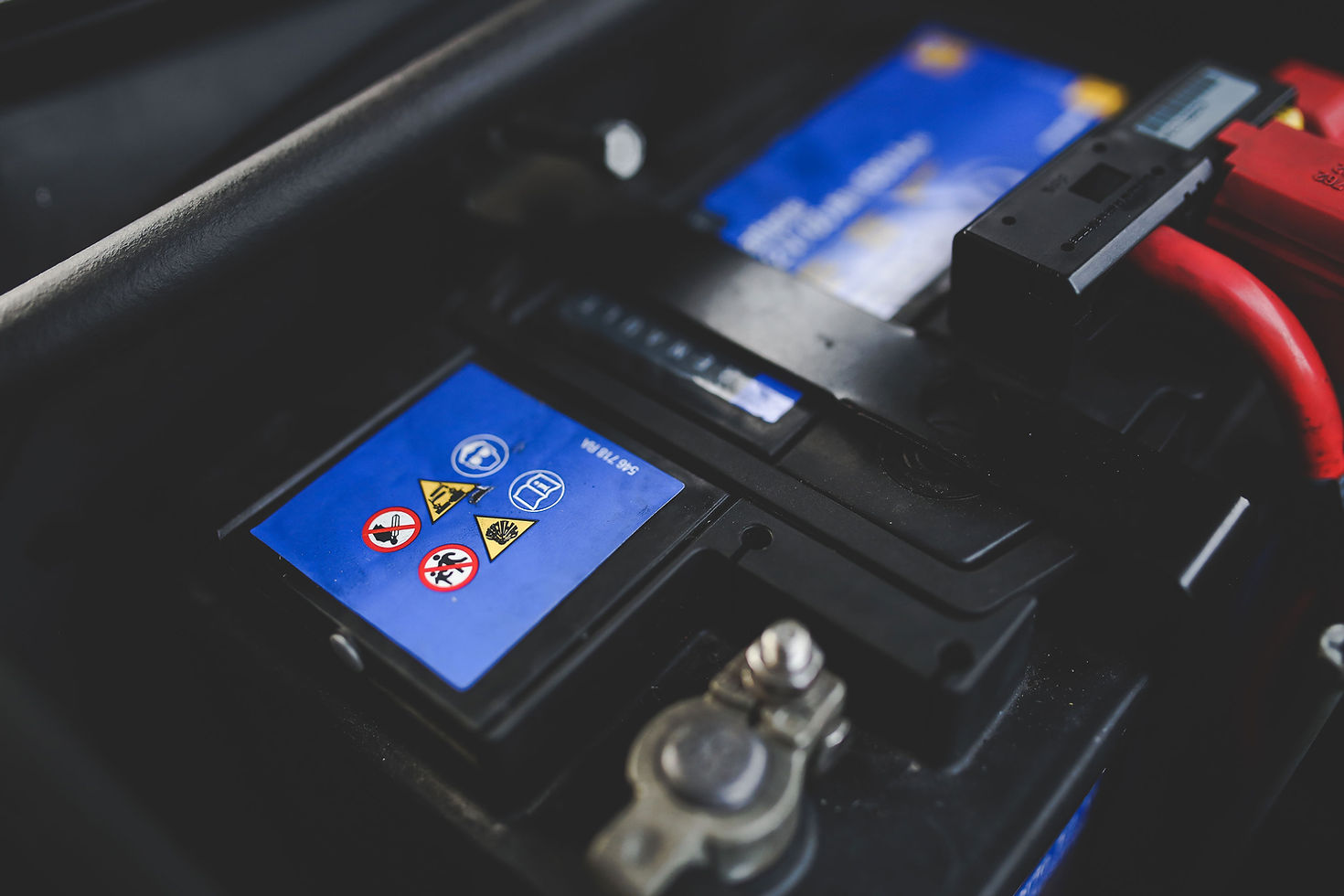
New Battery with Higher Energy Density and Longer Lifespan
- Haroon Khan Durrani
- Jun 24, 2023
- 2 min read
#Researchers Develop New Battery with Higher Energy Density and Longer Lifespan
Researchers at the Illinois Institute of Technology (IIT) and U.S. Department of Energy's (DOE) Argonne National Laboratory have developed a new type of battery that could store more energy and last longer than current lithium-ion batteries.
The new battery is a lithium-air battery, which uses lithium metal as the anode and oxygen as the cathode. This design allows for a much higher energy density than lithium-ion batteries, which use graphite as the anode.
The researchers were able to achieve this higher energy density by using a solid electrolyte instead of the usual liquid variety. The solid electrolyte prevents the lithium metal from reacting with the oxygen, which can cause the battery to short circuit.
The new battery has also been shown to have a longer lifespan than lithium-ion batteries. In tests, the battery was able to retain 80% of its capacity after 1,000 cycles, while lithium-ion batteries typically only last for about 500 cycles.
The researchers are now working to improve the performance of the new battery and to bring it to market. If successful, the new battery could have a major impact on the transportation industry, as it could be used to power electric cars with a much longer range.
Here are the key points of the research:
* Researchers have developed a new type of battery that could store more energy and last longer than current lithium-ion batteries.
* The new battery is a lithium-air battery, which uses lithium metal as the anode and oxygen as the cathode.
* The new battery has a higher energy density than lithium-ion batteries because it uses a solid electrolyte instead of the usual liquid variety.
* The new battery also has a longer lifespan than lithium-ion batteries.
* The researchers are now working to improve the performance of the new battery and to bring it to market.
Here are some of the potential benefits of the new #battery:
* Electric cars with a much longer range.
* More efficient energy storage for renewable energy sources.
* Longer-lasting portable electronics.
Here are some of the challenges that still need to be addressed:
* The new battery is still in the early stages of development.
* The cost of the new battery may be higher than lithium-ion batteries.
* The safety of the new battery needs to be further evaluated.
Overall, the development of this new type of battery is a significant breakthrough that could have a major impact on the future of energy storage. The researchers are optimistic that the new battery will be brought to market in the near future.




Comments